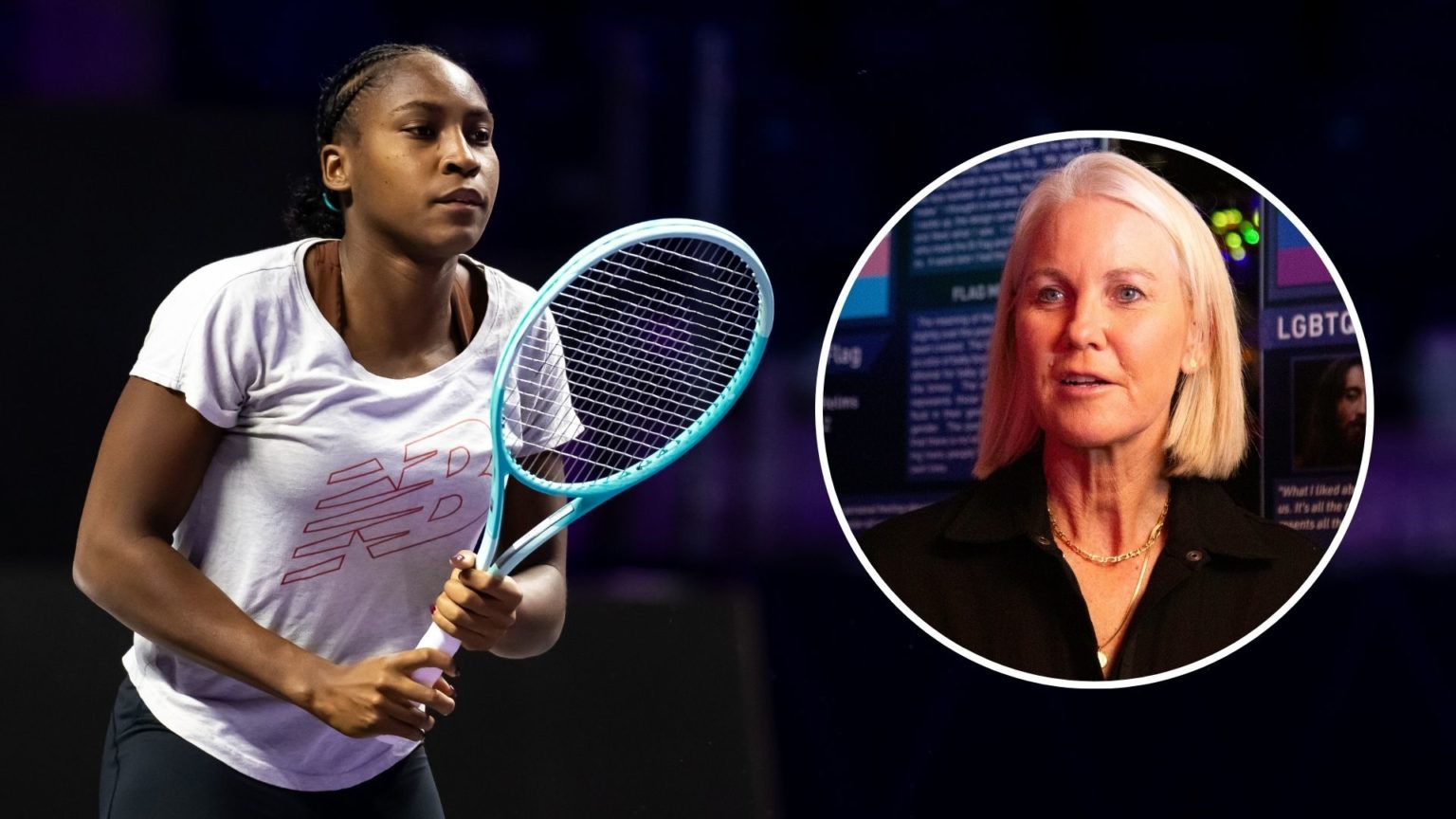
Rennae Stubbs, the accomplished Australian tennis coach and former player, isn’t getting ahead of herself despite Coco Gauff’s exhilarating triumph at the WTA Finals. The 20-year-old American sensation, who has faced her share of scrutiny and pressure, pulled off a stunning comeback victory against Olympic gold medalist Qinwen Zheng. In a match that lasted over three hours, Gauff rallied from a potentially match-ending position, clawing her way back to win 3-6, 6-4, 7-6(2) in a battle that showcased her resilience, mental fortitude, and raw talent.
This victory in Riyadh marked Gauff’s third title of the season, capping off a strong end to her year. Along with the championship trophy, she walked away with an unprecedented prize sum of $4.805 million, the highest in women’s tennis history. While the financial reward was substantial, the significance of Gauff’s victory extends beyond monetary gain; it represents a culmination of a season in which she has fought to prove herself against critics and adversaries alike.
Nevertheless, Rennae Stubbs, who has followed Gauff’s journey closely, has tempered her praise with caution. Despite the extraordinary achievement, Stubbs expressed lingering concerns over a technical aspect of Gauff’s game—double faults. It’s a vulnerability that has, at times, exposed Gauff to undue pressure, and Stubbs believes it warrants continued scrutiny, particularly when the stakes are high. The WTA Finals being held indoors may have helped Gauff maintain a steadier serve, according to Stubbs.
Reflecting on Gauff’s performances, Stubbs shared her insights on her podcast, explaining, “I feel the same about her now as I did after the US Open. Because during that stretch, she wasn’t doing the double faults or missing the forehand in the hard-court season. But then, as soon as the pressure mounted, her old habits resurfaced. This is where technique comes into play, especially with serving. Playing indoors differs greatly from outdoors. If you’re double-faulting indoors, that’s a significant issue.”
Stubbs elaborated further, emphasizing that outdoor matches present a variety of challenges that Gauff must learn to navigate adeptly. “Outdoors, you have to deal with elements like wind affecting your toss or sun glare disrupting your serve. Adjustments are crucial. She’ll need to adapt consistently if she wants to compete at the top level across all conditions. But if she manages to tame this aspect of her game—good luck to her opponents!”
Gauff’s WTA Finals victory was a historic achievement, making her the youngest champion of the event since Maria Sharapova in 2004. Sharapova’s triumph that year saw her defeat Serena Williams, cementing her status as a star in women’s tennis. For Gauff, the parallels are notable. The year of Sharapova’s win was also the year Gauff was born, marking a poetic passage of the torch from one generation of prodigious talent to another. Gauff now holds a place in history, etching her name alongside some of the sport’s greats.
“It means a lot to me,” Gauff shared after her victory. “This is the first professional women’s tennis event here in Saudi Arabia, and to be a part of that history is incredible.” Gauff’s words underscored not just her pride in the victory, but also the milestone of bringing women’s tennis to new frontiers in the Middle East. Her victory, both gritty and graceful, also serves as a statement of intent—a declaration that she is here to stay among the sport’s elite.
The match itself was a rollercoaster of emotions. Gauff initially struggled against Zheng, dropping the first set 3-6. But rather than wilt under the pressure, she dug deep, displaying a champion’s resolve. With pinpoint forehands, agile movement across the court, and unyielding determination, Gauff clawed her way back in the second set. Her ability to shake off setbacks and stay focused on the prize has become one of her defining traits. The final set, which culminated in a nerve-wracking tiebreak, showcased Gauff’s poise and nerves of steel under immense pressure.
Following the match, Gauff reflected on the challenge she faced. Speaking to Sky Sports, she said, “That was a great match. I was just trying my best to hang in there and I never gave up.” Her words capture her journey this year—one marked by perseverance, improvement, and the relentless pursuit of excellence. Her victory over Zheng, a fierce competitor herself, was more than just a triumph; it was a testament to Gauff’s growth, both as an athlete and as a competitor capable of rising to any occasion.
The road ahead for Coco Gauff will undoubtedly continue to be paved with high expectations and tough challenges. But if her WTA Finals performance is any indication, Gauff is not just surviving in the high-stakes world of professional tennis; she is thriving. For Rennae Stubbs and other tennis analysts, the coming seasons will reveal whether Gauff can solidify her place at the pinnacle of the sport by mastering every aspect of her game. If she does, the sky truly is the limit for this young star.
Leave a Reply